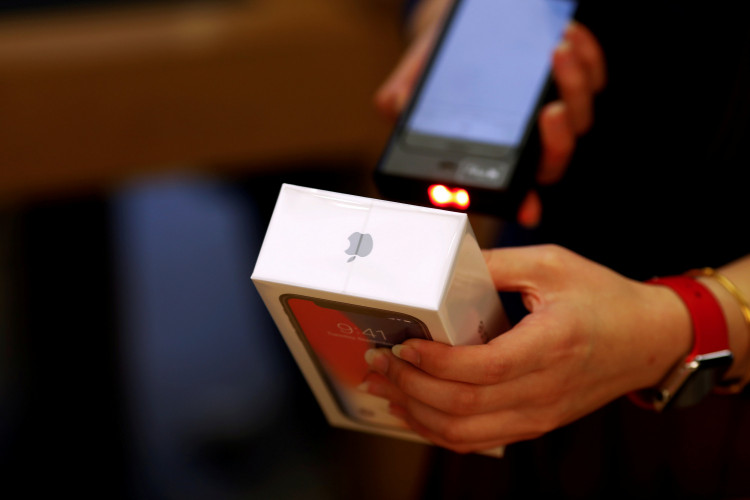What does China's wealthy like to give to their friends? According to the 2019 release of the annual Chinese Luxury Consumer Study by Hurun Research, China's high net worth individuals enjoy giving certain brands to friends and family for whatever occasion.
For the men, Apple products retained their top position as the most preferred brand for gifting, while the women stuck to their previous year's preference for Bvlgari goods. Items made by French luxury brand Louis Vuitton came in second for both genders. Hurun's study defines high net worth individuals as those who have at least CNY10 million ($1.5 million) in personal assets.
The brands that occupied the top ten for males (in order) were Apple, Louis Vuitton, Cartier, Chanel, Dior, Moutai, Gucci, Mengzhilan, Burberry, and Bottega Venetta. Meanwhile, the females tended to sway their gifting preferences in this order: Bvlgari, Louis Vuitton, Apple, Chanel, Bottega Venetta, Cartier, Gucci, Hermes, Hugo Boss, and Coach watches. It is worth noting the Bottega Venetta was not part of either list in the previous year, writes Jing Daily. https://jingdaily.com/chinese-millionaires-gifts/
When it comes to lifestyle choices, both sexes identified traveling as the top activity for leisure, with the likes of France, Japan, and the Maldives as the destinations of choice among China's rich. When it comes to the types of hotels they prefer staying in, both named the Shangri-La and The Peninsula as premiere options. And with gadgets being part of their gift-giving list, it is of no surprise that more than 60 percent of these millionaires choose to use mobile payment systems to book their reservations and purchase items. Topping this list is Alipay, followed by WeChat, Union Pay, Visa, cash, Mastercard, and then American Express.
Watch collecting also retains its position as a popular past time, with China's wealthy identifying Patek Philippe as their preferred brand. Rolex came in second, followed by Vacheron Constantin and Cartier. Men were also revealed to have more watches in their possession compared to women.
The latest results reflect responses from 465 Chinese HNWIs with an average range of 35 years old. Females accounted for 42 percent of the survey, while males were responsible for 58 percent.





